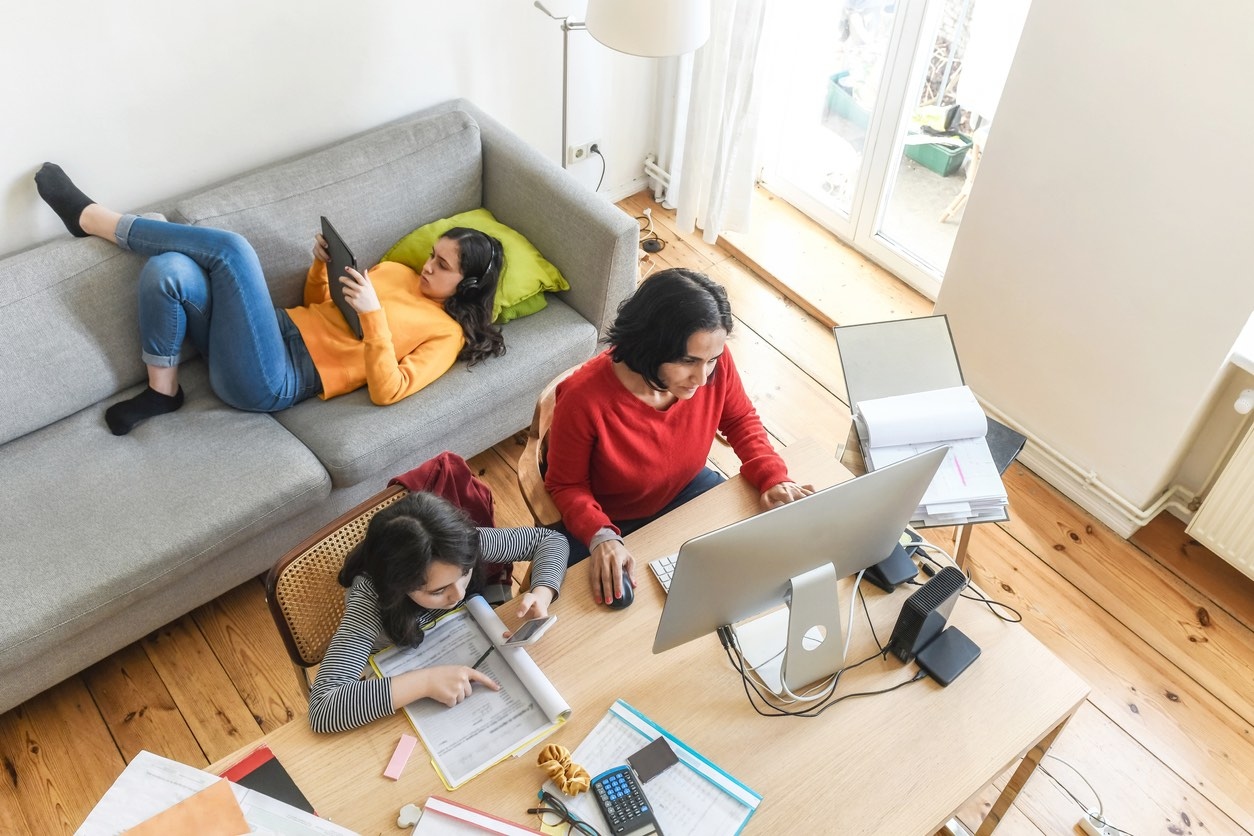The research into homeschooling is unequivocable.
If it is done well, homeschooling provides superior learning when compared to traditional classroom teaching. Anyone who has looked at the research around the subject will attest to this.
However, I strongly believe that when homeschooling is done with some years of education done using public schooling and some of the years done at home, the choice of order is almost always backward. The reasons are obvious, but the reasoning is flawed.
Usually, when parents opt to use both methods for learning, the homeschooling is done for the first six years and then children are sent to school for their final six years. This is done because parents feel confident teaching children the basics of reading, writing, and arithmetic using educational kids apps and learning resources. However, they believe that children would do better in an established classroom system in the second half of schooling when the topics become more sophisticated and when they feel that their children need to develop social skills with their friends.
I’ll deal with the second reason here because it is the easiest one to address. I’ll tackle the first reason in another article.
The strongest argument against homeschooling, at least in the minds of those making it, is the problem of social maturation. Homeschooled children don’t have the opportunity to develop social skills because they don’t spend enough time with other children.

First of all, there are many ways for homeschooled children to learn to socialize with others. Within the homeschooling community, there are numerous opportunities provided for children to get together and do activities that are educational and social in nature. In many school districts, there are policies that allow homeschooled children to enroll in some of the classes that schools offer. The classes normally chosen are optional classes like band, choir, computing, shop, etc. And finally, communities and groups run community-based programs that children engage in. From junior sports leagues to dancing classes, there are many opportunities for children to learn social skills with peers of their own age.
Secondly, there is good research that tells us that children who avoid the jungle of the playground grow up to be more mature and better-balanced adults. Children are mean to each other. They say and do things to establish a hierarchy amongst themselves and that usually means that they try to destroy each other socially in order to diminish other’s social standing. Each of us who has experienced this jungle knows that it is brutal and demeaning.
Often, emotional scars are inflicted that never heal. Children who find themselves low in the hierarchy are more likely to develop depression and anxiety than children who are at the top. In addition, those at the top develop attitudes of superiority, narcissism, and arrogance that can be equally undesirable in our society. Both ends of the spectrum can lead to serious mental health problems in adults, for example, eating disorders - both from anxiety at the bottom of the hierarchy, and anxiety at the top of the hierarchy (must always look good).
The jungle of the playground is not a positive contributor to a just and fair society.
It has been found that homeschooled children who have not experienced this jungle turn out to be better adjusted, socially, as adults. They may not blend in socially as children and youths (after all, they don’t fit in the hierarchy), but their predominant socialization as children is usually with adults. Children and youths who predominantly socialize with adults develop more adult-type social skills that mean that they enter adulthood better adjusted and better prepared for adult life than their formal schooled peers.
As far as the teaching and learning of sophisticated topics, I’ll write about them as well. Parents are well equipped to teach these skills. And, because of the very reason (usually) that they opt for homeschooling, conscientious parents are willing to put effort into thinking of activities that mean youths learn sophisticated academic and practical skills far better than their formal schooled peers.



Leave your comments
Post comment as a guest